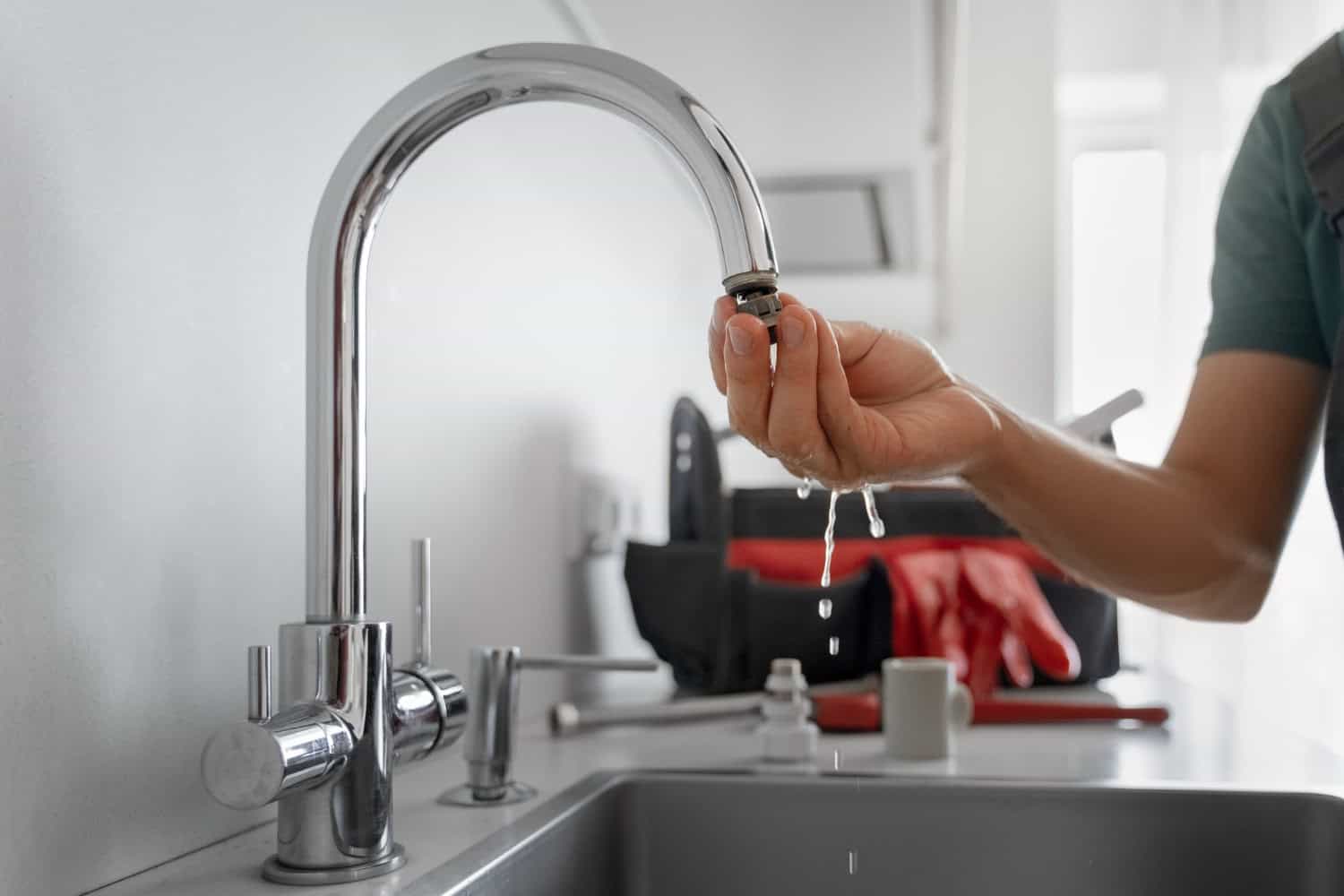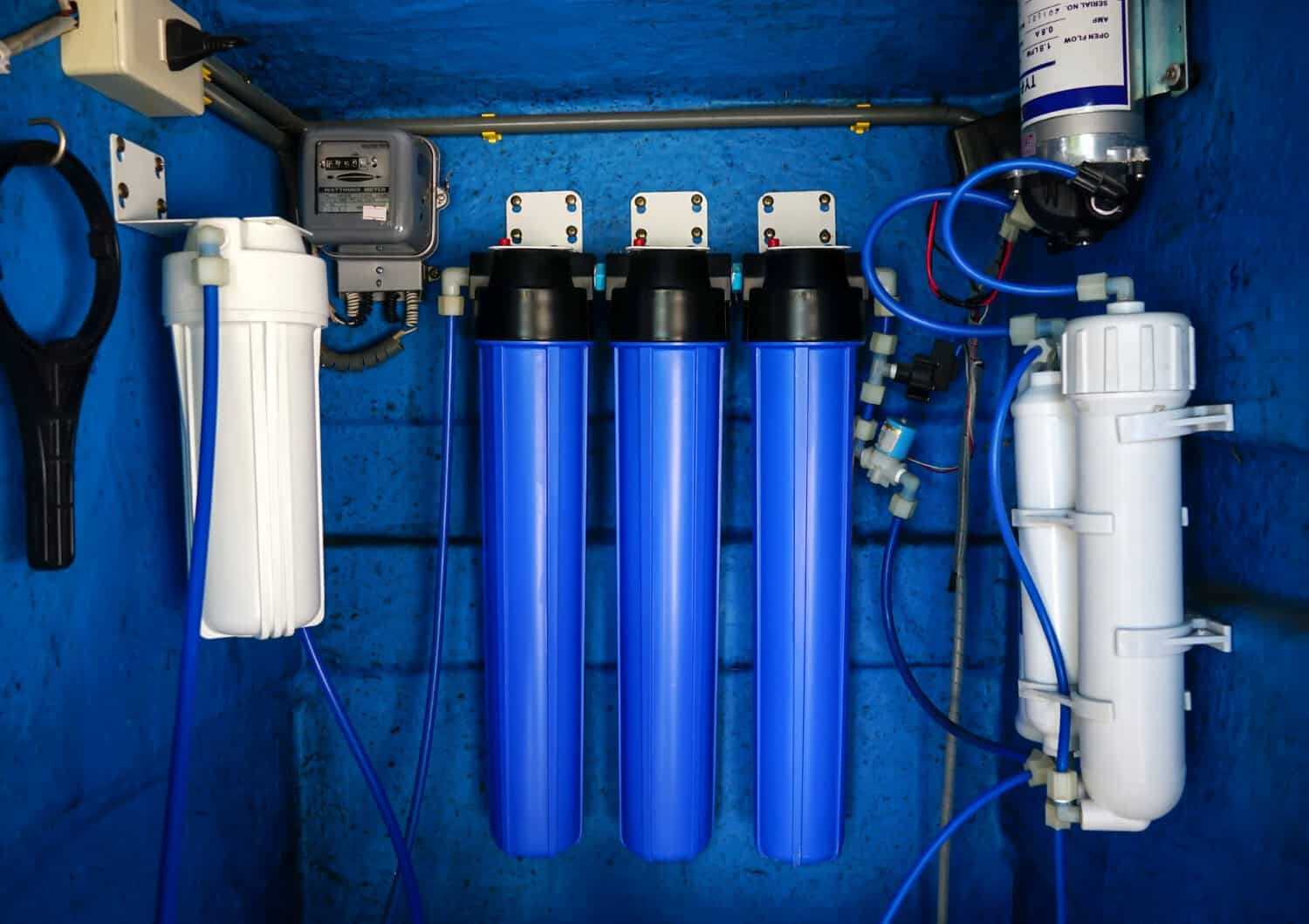Hard water might sound like an obscure issue, but for homeowners in Saratoga Springs, it’s a common concern. The scenic beauty of the area comes with its own set of challenges, and hard water is one of them. Essentially, hard water means the water supply contains high levels of minerals like calcium and magnesium. While these aren’t harmful to your health, they can wreak havoc on plumbing and appliances over time. This leads to everything from clogged pipes to reduced efficiency in your dishwasher and washing machine.
Addressing hard water issues is more critical than you might think. Not only does it help protect your home’s plumbing system, but it also enhances the longevity of your household appliances. This can save you from a mountain of unnecessary repair bills and frustrations down the road. That’s where water softeners come into play. These handy devices transform hard water into a softer, more appliance-friendly version, sparing your equipment the stress of mineral buildup.
Identifying Hard Water Issues
Spotting hard water isn’t always straightforward, but it’s vital for maintaining a well-functioning home. Here are some telltale signs that you might be dealing with hard water:
– Spots on Dishes and Glassware: After running your dishwasher, you notice white spots or streaks on your glassware and dishes.
– Lime Scale Buildup: Fixtures like faucets and showerheads often have a white or chalky substance accumulating.
– Soap Scum in Bathrooms: A stubborn residue might cling to bathtubs and showers, requiring more elbow grease for cleaning.
– Reduced Water Pressure: Mineral buildup within pipes can lead to a noticeable decrease in water flow.
The adverse effects of hard water extend beyond just annoying cleaning nuisances. Over time, the mineral deposits can lead to significant problems with your plumbing system, clogging pipes and reducing their efficacy. Appliances that use water, such as washing machines and dishwashers, may also suffer from reduced lifespans when forced to operate with hard water. Not to mention the potential for skin irritation, as the excess minerals may prevent soap from lathering properly, leaving residue on your skin. Addressing hard water problems promptly through the right water treatment solution is, therefore, a helpful step in maintaining a healthy and comfortable home environment.
How Water Softeners Work
Understanding how water softeners work can help you appreciate why they are so beneficial. A water softener is designed to remove the excess calcium and magnesium ions that cause hard water. This process usually involves ion exchange, where sodium or potassium ions replace the unwanted minerals. The softened water then flows into your plumbing system, reducing the risk of scale buildup and avoiding the wear and tear associated with hard water.
There are various types of water softeners available for use in your home:
– Salt-Based Water Softeners: These are the most common, utilizing salt to facilitate the ion exchange process. They are effective but require regular maintenance to add salt and remove waste.
– Salt-Free Water Softeners: These use a potassium-chloride salt substitute, making them more environmentally friendly. Instead of removing the minerals, they alter their chemical structure to prevent buildup.
– Magnetic or Electronic Water Softeners: These create a magnetic field that changes the physical properties of the mineral ions, thus reducing their ability to adhere to surfaces.
Choosing the right type depends on your water’s hardness level and your maintenance preferences. Exploring these options can pave the way to a healthier and more efficient household system.
Benefits of Water Softener Repair
Once you have a water softener, maintaining it is key. Repairing and servicing your softener ensures it runs efficiently, providing numerous advantages for your home.
– Appliance Longevity: Regular maintenance reduces the risk of damage to dishwashers, washing machines, and water heaters, which can considerably extend their lifespan.
– Plumbing Health: Soft water prevents scale build-up in pipes, keeping your plumbing system in good shape and saving on major repairs or replacements.
– Cost Savings: By maintaining your water softener, you can avoid costly utility bills and appliance replacements. A well-working system results in better energy efficiency and longer life for your household systems.
Keeping your water softener in top condition is a simple yet effective way to maintain a smoothly running household.
Choosing Professional Water Softener Repair Services in Saratoga Springs
Ensuring your water softener is working optimally often means seeking professional help. Hiring an expert to perform regular repairs and maintenance might seem like an extra expense, but it pays off in the long run.
When looking for repair services in Saratoga Springs, consider these important factors:
– Experience and Expertise: Choose technicians who have extensive experience with a range of water softener systems.
– Local Knowledge: Local professionals have a better understanding of the specific water conditions in your area, allowing them to provide tailored solutions.
– Reliable Feedback: Check reviews and ratings to ensure you’re choosing a reputable service provider known for customer satisfaction.
Opting for professional care ensures that your water softener remains a reliable part of your home, preventing unexpected breakdowns and maximizing its potential benefits.
Keep Your Home’s Water Quality High
Preserving excellent water quality is an ongoing task that requires vigilance and the right tools. A functioning water softener is essential to managing hard water issues, protecting your appliances, and making everyday life more convenient. Regular maintenance and repairs not only secure your home’s plumbing health but also contribute to better energy efficiency and savings in the long term.
By prioritizing water softener maintenance, you’re ensuring that your home’s water quality remains high, giving you peace of mind. Engaging with professionals for repairs means investing in long-term health and efficiency for your water systems. Addressing these concerns is crucial for an optimal living environment in Saratoga Springs.
Ensure your home’s water system operates smoothly with expert care. If you’re facing hard water challenges, My Jockey is your trusted source for professional solutions. Our local plumbing services in Saratoga Springs are here to keep your appliances running efficiently and your water quality high. Connect with us today for reliable service and peace of mind.




